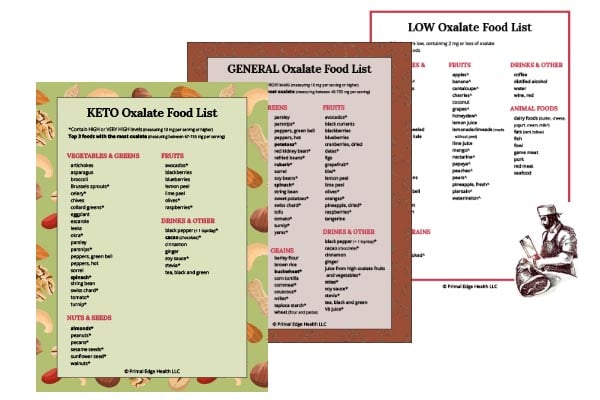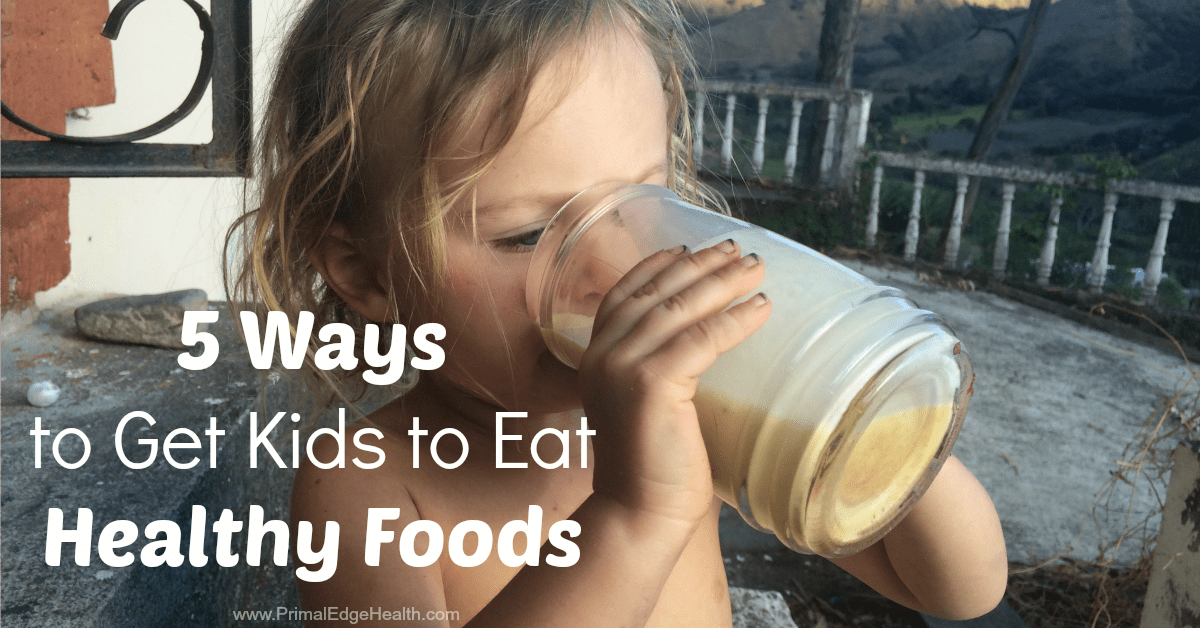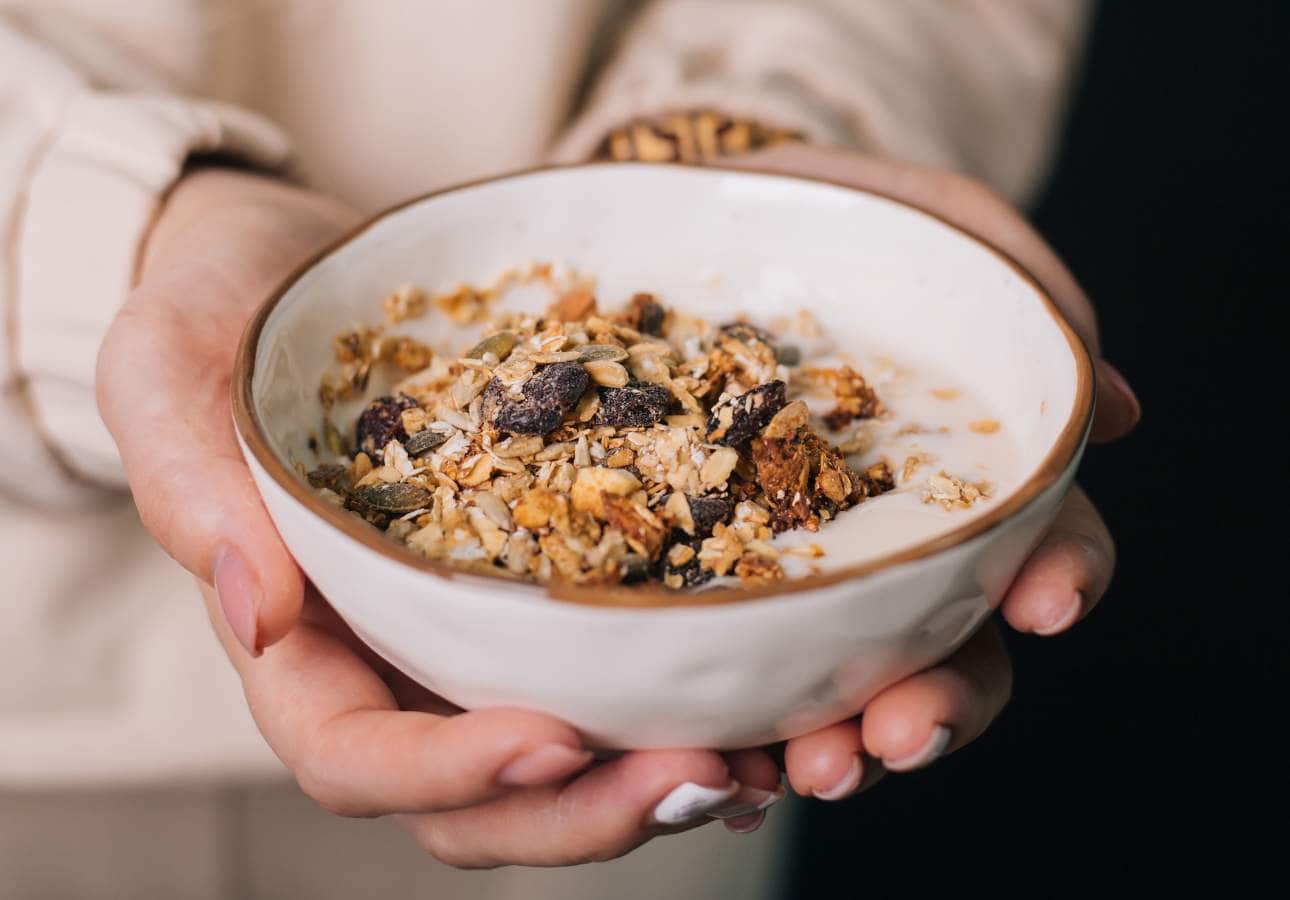0-Calorie Sweeteners Made Easy: A Practical Guide
Primal Edge Health participates in the Amazon Services LLC Associates Program and other affiliate programs and therefore, may collect a share of sales or other compensation from the links on this page. This comes at no additional cost to you, and all the prices and availability are accurate at the time of publishing.
Venturing into a healthier lifestyle often involves finding alternatives to sugar and 0-calorie sweeteners are a viable option. This guide breaks down how these sweeteners can effectively replace sugar in your diet to maintain sweetness in your life without compromising on taste or health goals.
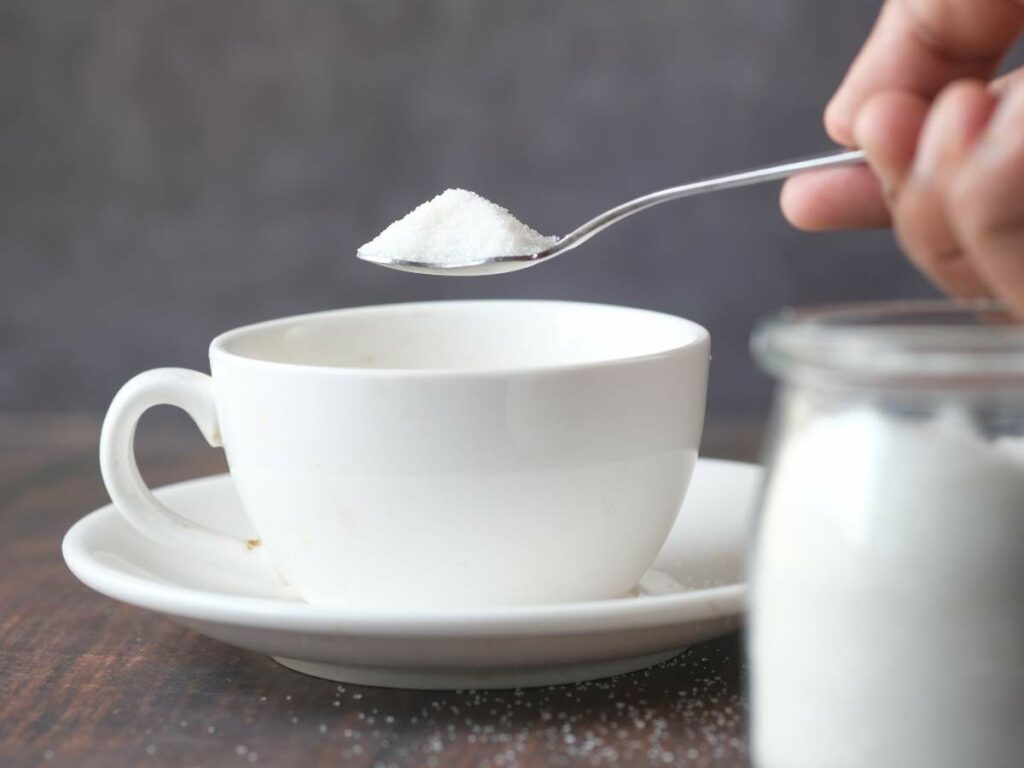
In a world where health consciousness is on the rise, 0-calorie sweeteners have become a game-changer. Sweeteners, such as stevia, monk fruit, erythritol and allulose offer the sweetness of sugar without the associated calories.
However, not all sweeteners are healthy despite not having any calories. So, I’ve prepared this guide to help you find the best 0-calorie sweeteners to add to your diet.
Table of Contents (click to view)
Understanding 0-calorie sweeteners
Just as an abundance of flour substitutes and baking soda substitutes exist, there are also quite a few options for sugar substitutes. 0-calorie sweeteners are alternatives to sugar that provide little to no calories. Unlike regular sugar, which is high in calories and comes with a host of potential issues, these sweeteners have a negligible calorie count.
They’re often much sweeter than sugar, meaning you need less to achieve the same level of sweetness. For example, sugar is 200 to 300 times sweeter than sugar. About ⅛ to ¼ teaspoon of stevia is enough to replace a teaspoon of sugar.
Before getting into the specifics of each sweetener, it’s important to understand the common ground they share. Stevia, monk fruit, erythritol, xylitol, allulose and other 0-calorie sweeteners are celebrated for their ability to mimic sugar’s sweetness while offering a healthier alternative.
Each has unique properties and benefits, making them suitable for different needs. They range from completely natural, like stevia and monk fruit, to scientifically processed, such as erythritol and allulose. Despite these differences, all share a common goal: to provide a sweet taste without the calorie burden of traditional sugar.
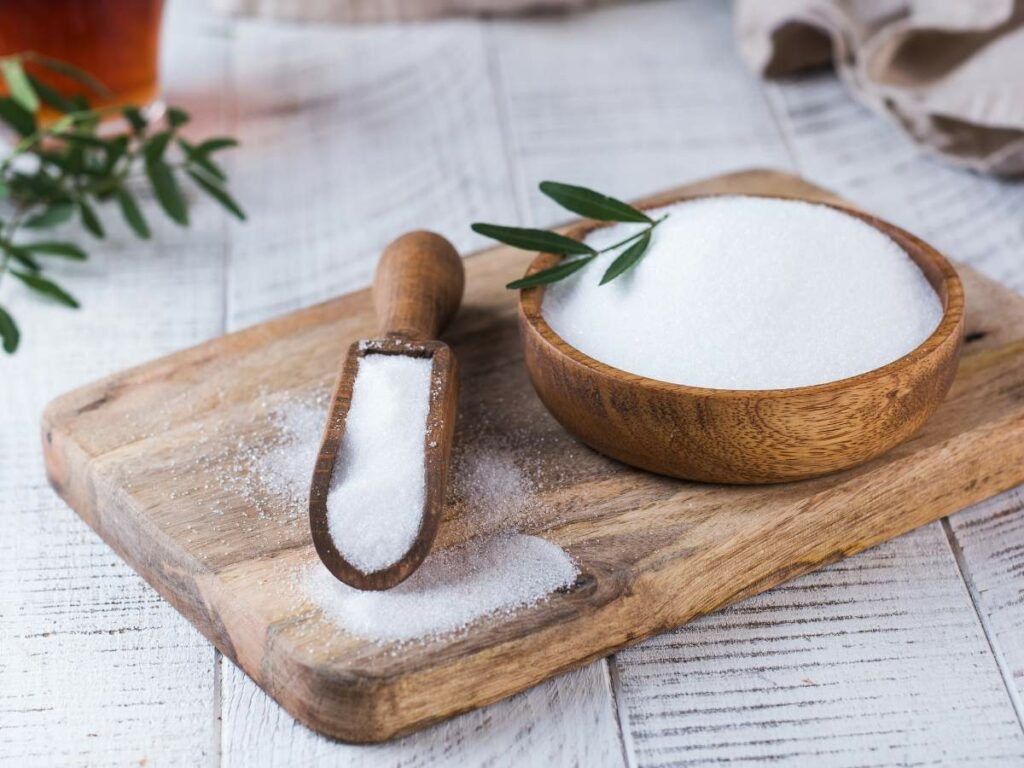
Types of 0-calorie sweeteners
Which 0-calorie sweeteners are best? Here’s a look at some of the most common types of sweeteners available today.
Stevia
Derived from the leaves of the stevia plant, this sweetener is natural and calorie-free. Stevia is known for its intense sweetness, often hundreds of times sweeter than sugar. It is also linked to health benefits like reduced blood sugar levels.
Monk fruit
This sweetener comes from a fruit native to Southeast Asia. Monk fruit is calorie-free and can be up to 200 times sweeter than sugar. It has a long history of use in traditional medicine, especially in China, where it was used for its potential health benefits, including relieving sore throats and reducing phlegm.
Because it doesn’t affect blood sugar levels, monk fruit is an excellent option for people managing diabetes or following low-carb diets, according to Frontiers in Nutrition. Today, it’s commonly used in beverages, baked goods, no-bake cheesecake fluff, and low-calorie snacks as a sugar substitute.
Erythritol
This sugar alcohol is produced through fermentation. It has about 70 percent of the sweetness of sugar but almost no calories. Erythritol doesn’t spike blood sugar, making it a possible good choice for diabetics. Although there are some studies that question whether erythritol is safe, they have been criticized for failing to prove causation rather than association.
Allulose
Allulose is a rare sugar naturally found in small quantities in fruits. It tastes like sugar but has approximately 10 percent of the calories. It has minimal impact on blood sugar and insulin levels. Like many low-calorie and 0-calorie sweeteners, allulose is keto-friendly for those wanting to venture into sugar-free baking.
“My favorite 0-calorie sweetener at the moment is allulose. There is no aftertaste, no spike in blood sugar; it melts perfectly while baking and adds a smooth texture in frostings or sauces.”
— Zuzana Paar, Low Carb No Carb
Xylitol
A sugar alcohol derived from plants, xylitol is a 0-calorie sweetener with a sweetness similar to sugar. Xylitol is often found in sugar-free gum, mints, and oral care products due to its ability to help reduce the risk of cavities. However, it’s important to note that while xylitol is generally safe for most people, consuming it in large quantities can cause digestive discomfort, including bloating, gas, or diarrhea. It is highly toxic to dogs.
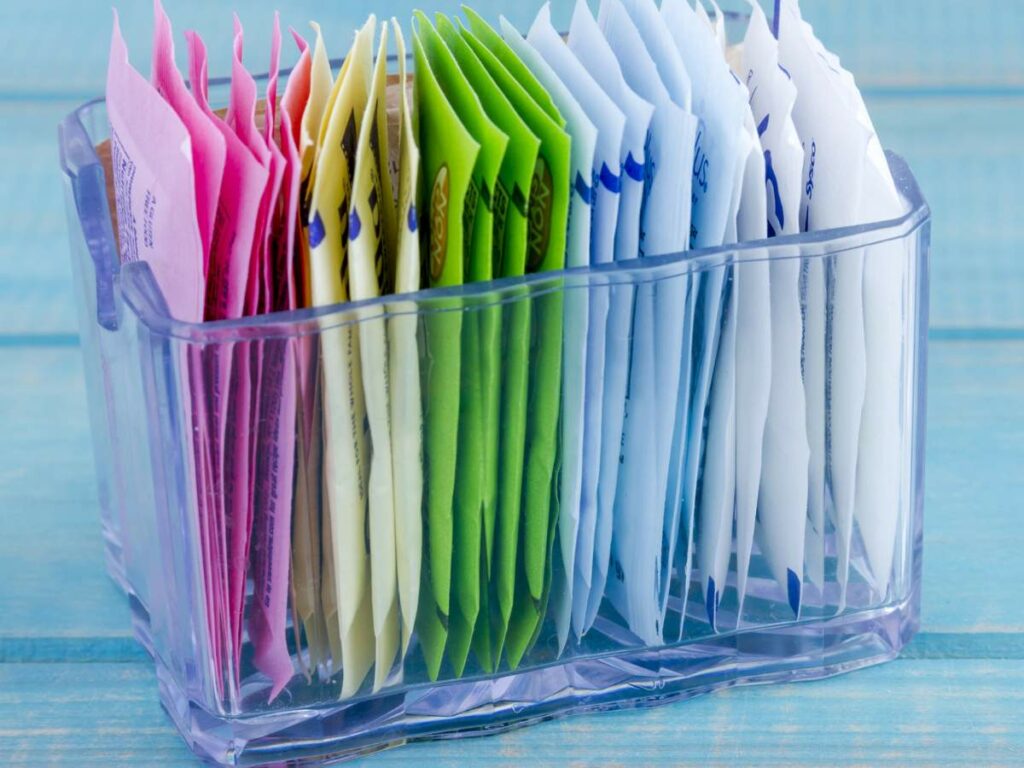
Less desirable 0-calorie sweeteners
While sucralose, aspartame, and saccharin have been popular 0-calorie sweeteners, they have aspects that may make them less favorable for some individuals. There are concerns about the safety of sucralose when used in cooking at high temperatures.
Aspartame, known for its presence in diet sodas, has been linked to controversy over potential health effects in certain individuals. Saccharin, one of the oldest artificial sweeteners, can leave a metallic or bitter aftertaste, which may be off-putting to some users. These are kind of sweeteners are specifically omitted from healthy energy drinks.
Furthermore, despite being declared safe by health agencies, there are still factors that may contribute to why some people opt for natural sweeteners like stevia or monk fruit over these artificial alternatives. Research suggests artificial sweeteners can affect taste perception, making nutritious foods less appealing.
There are also concerns about long-term health impacts, such as increased risk of metabolic syndrome and type 2 diabetes. Ultimately, moderation is key, and whole, unprocessed foods are recommended, says Harvard Health.
Baking with 0-calorie sweeteners
Creating an accurate substitution chart for how to substitute sugar with common 0-calorie sweeteners is essential for proper use in cooking and baking. Below is a general guide for substituting these sweeteners for 1 tablespoon of sugar. Please note that these ratios can vary based on the brand and specific formulation of the sweetener, so it’s always best to check the packaging for the manufacturer’s recommendations.
Stevia
As stevia is much sweeter than sugar, a little goes a long way. Typically, you can replace 1 tablespoon of sugar with about 1/4 teaspoon of powdered Stevia or 6 to 9 drops of liquid stevia. I make my own stevia extract.
Monk fruit
Monk fruit is similar to stevia in its sweetness. One tablespoon of sugar is usually equivalent to 1/4 teaspoon of monk fruit sweetener.
Erythritol
Since it’s less sweet than sugar, more is required. Replace 1 tablespoon of sugar with about 1 and 1/3 tablespoons of erythritol.
Allulose
Allulose is close to sugar in sweetness. 1 tablespoon of sugar can be substituted with about 1 tablespoon of allulose.
Xylitol
Xylitol is similar in sweetness to sugar. Use a 1 to 1 ratio, so 1 tablespoon of sugar is replaced with 1 tablespoon of xylitol.
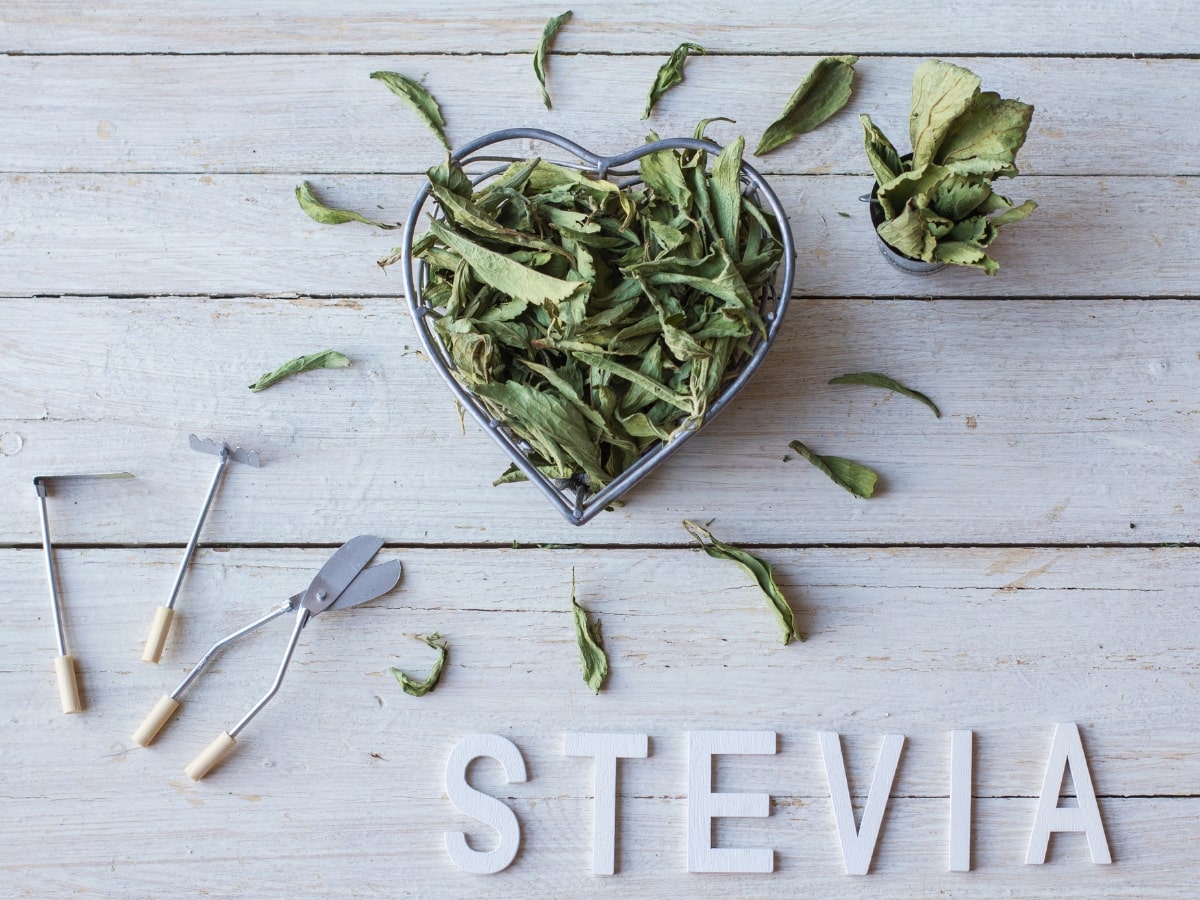
How to Get Started
Remember, these are general guidelines. The ideal substitution can depend on personal taste preferences and the specific recipe you’re working with. Always taste and adjust as needed.
Also, take note that using zero-calorie sweeteners in baking can change how your treats turn out since they don’t act the same way as sugar. Sugar helps give baked goods their soft texture, moisture, and also impacts color.
When you swap it for a 0-calorie sweetener, the texture can get a bit denser and the result might be drier because sugar holds onto moisture. Plus, without sugar caramelizing, your baked goods won’t brown as much. To fix this, you might need to tweak your recipe by adding ingredients like applesauce or yogurt to keep things moist and closer to what you’re used to.
Don’t let the thought of swapping sugar out of your favorite dessert recipes overwhelm you. There are so many low-carb and keto options from classic chocolate cake to avocado chocolate pudding and keto spice cookies. That should be enough to inspire you to give these 0-calorie sweeteners a try, so be sure to check them out.
How much 0-calorie sweetener can you consume?
There’s no specific recommended daily amount for zero-calorie sweeteners, but it’s generally advised to consume them in moderation. The FDA has set an Acceptable Daily Intake (ADI) for each approved sweetener, which is the estimated amount considered safe to consume every day over a lifetime without health risks. For example, the ADI for aspartame is 50 mg per kg of body weight, and for stevia, it’s 4 mg per kg.
Conclusion
0-calorie sweeteners are a fantastic tool in modern cooking and health management. They offer the sweetness of sugar without the extra calories, making them an excellent choice for weight management. They also don’t raise blood sugar levels, making them a potential choice for people with diabetes. By understanding how to use all the different sugar alternatives, you can enjoy sweet treats without the guilt.
Portions of this article originally appeared on Food Drink Life.


